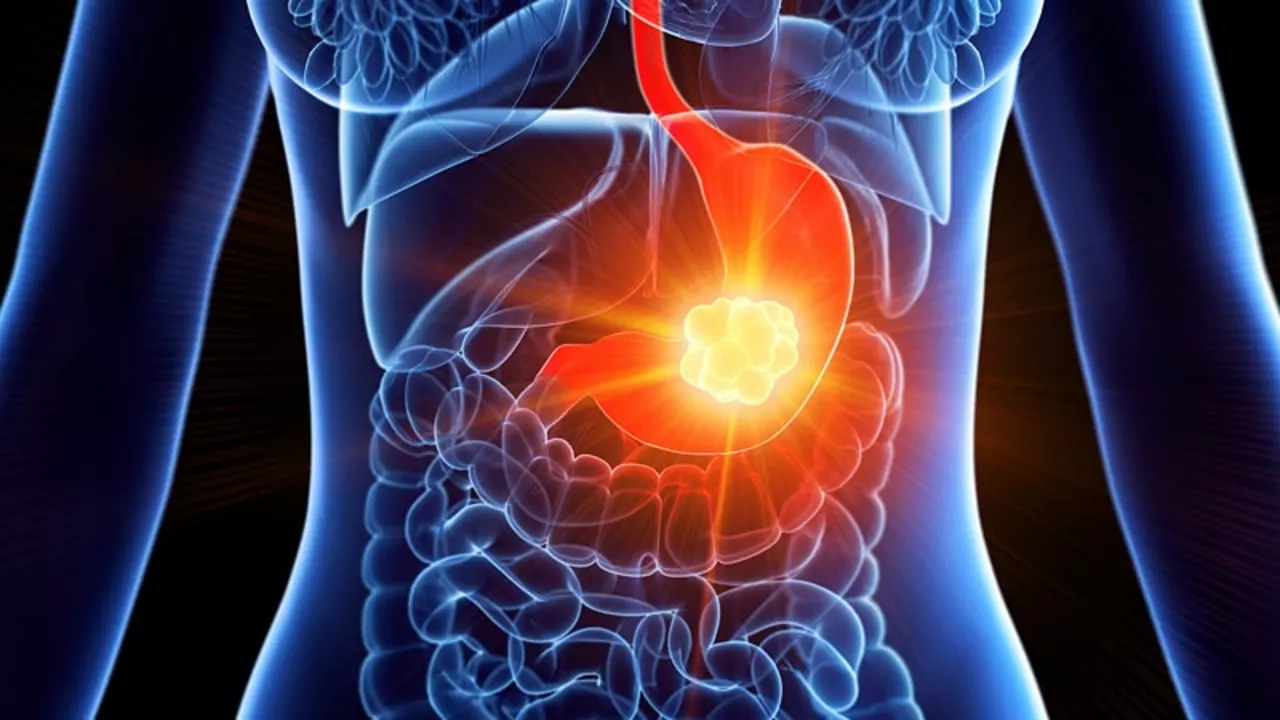Functional Dyspepsia: What It Is and How to Find Relief
If your stomach feels like it’s constantly in a low‑grade protest – bloating, early fullness, or that nagging gnawing pain after meals – you might be dealing with functional dyspepsia. It’s not an ulcer, not a serious disease, but enough to ruin a good lunch.
The condition pops up when the stomach and upper intestine don’t work together smoothly. Nothing looks wrong on scans, yet the discomfort sticks around. Most people notice symptoms after eating, especially heavy or fatty foods, but stress, caffeine, and smoking can also stir things up.
Common Triggers & Lifestyle Fixes
First thing to try is a simple diet tweak. Small, frequent meals beat huge plates any day. Cutting back on spicy sauces, carbonated drinks, and greasy take‑out often eases the pressure. Some folks find that low‑FODMAP foods – think bananas, oats, and certain nuts – calm the gut.
Stress is a silent partner in dyspepsia. A quick walk, breathing exercises, or even a five‑minute meditation before meals can lower stomach acid spikes. If you smoke, quitting will likely reduce irritation, and limiting alcohol to occasional sips helps too.
Avoid lying down right after eating; give your body at least two hours upright. Elevating the head of your bed by a few inches can stop nighttime reflux that worsens morning discomfort.
Medication Options & Buying Safely Online
If lifestyle changes aren’t enough, over‑the‑counter antacids or H2 blockers (like ranitidine alternatives) may give quick relief. For more persistent cases, doctors often prescribe proton pump inhibitors (PPIs) such as omeprazole or esomeprazole. These lower stomach acid production and can help the lining heal.
When you need a prescription, buying from a reputable online pharmacy saves time and sometimes money. Look for sites that require a valid prescription, display clear contact information, and have certifications from recognized health authorities. Avoid any shop that offers “no‑prescription” versions of PPIs – they’re often counterfeit.
Our platform, Rxmedonline.com, reviews dozens of online pharmacies each year. We check their licensing, security measures, and customer feedback so you can order the right medication with confidence. Always compare prices, read the return policy, and make sure the pharmacy offers tracking for your shipment.
If you’re unsure which medicine fits your situation, a telehealth visit is a quick way to get a prescription without leaving home. Many online pharmacies partner with licensed doctors who can assess your symptoms and send the script straight to the pharmacy you trust.
Bottom line: functional dyspepsia isn’t life‑threatening, but it’s annoying enough to merit action. Start with food and stress tweaks, move to OTC relief if needed, and don’t hesitate to get a prescription when symptoms linger. When you do need meds, pick a vetted online pharmacy – it’s safer, faster, and often easier on the wallet.
The Impact of Caffeine on Functional Dyspepsia
As a blogger who's always on the lookout for new health information, I recently came across some fascinating research on the impact of caffeine on functional dyspepsia. It turns out that caffeine can exacerbate symptoms of this common digestive disorder, which includes discomfort, bloating, and indigestion. Some studies suggest that reducing caffeine intake may help alleviate these unpleasant symptoms. However, it's important to remember that everyone's body is different, so the effects of caffeine can vary from person to person. Personally, I'll be keeping this in mind and monitoring my caffeine intake to see if it helps improve my gut health.
